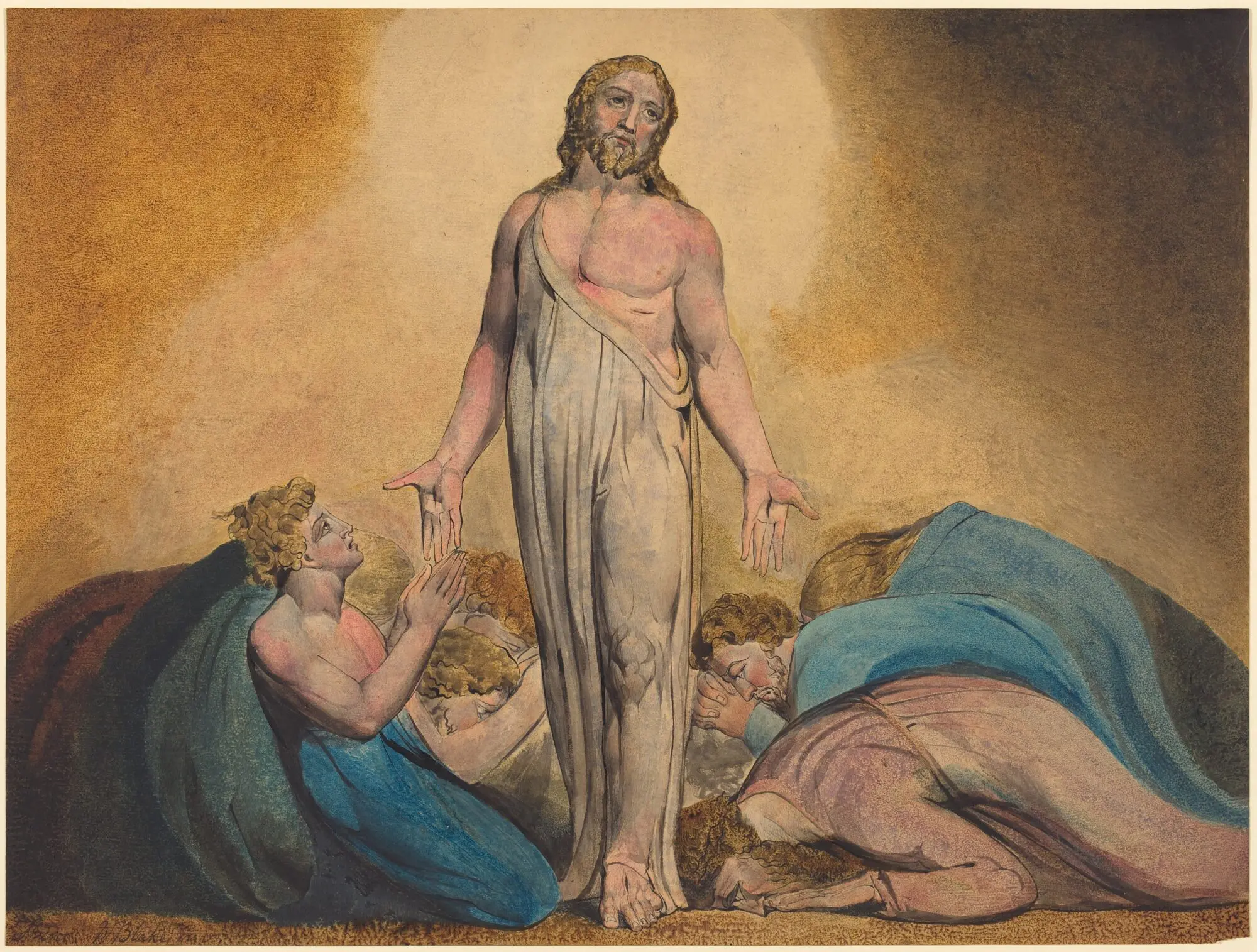
The Crisis of the Church and the Mystagogical Option, Part I: The Mystic Principle
Mystical union with God is the axis around which the Christian life turns.

Mystical union with God is the axis around which the Christian life turns.
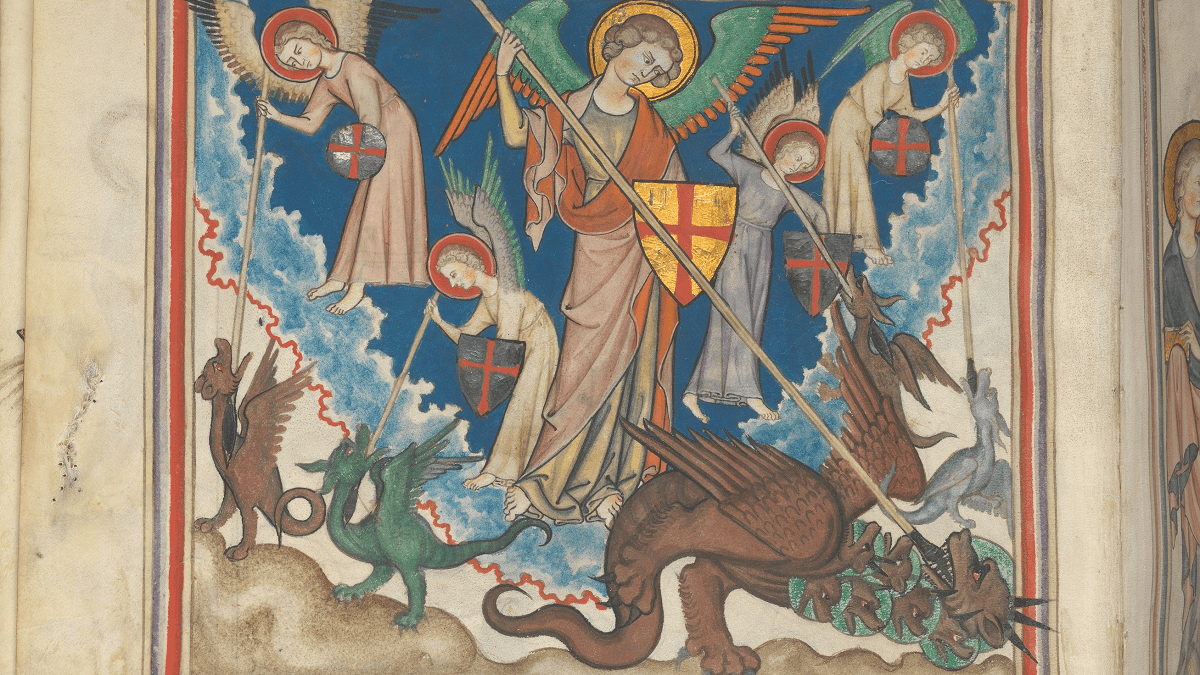
Marked by historical events of such magnitude as the two world wars, Tolkien and other Christian intellectuals of his day grappled with profound questions about the fate of the world.
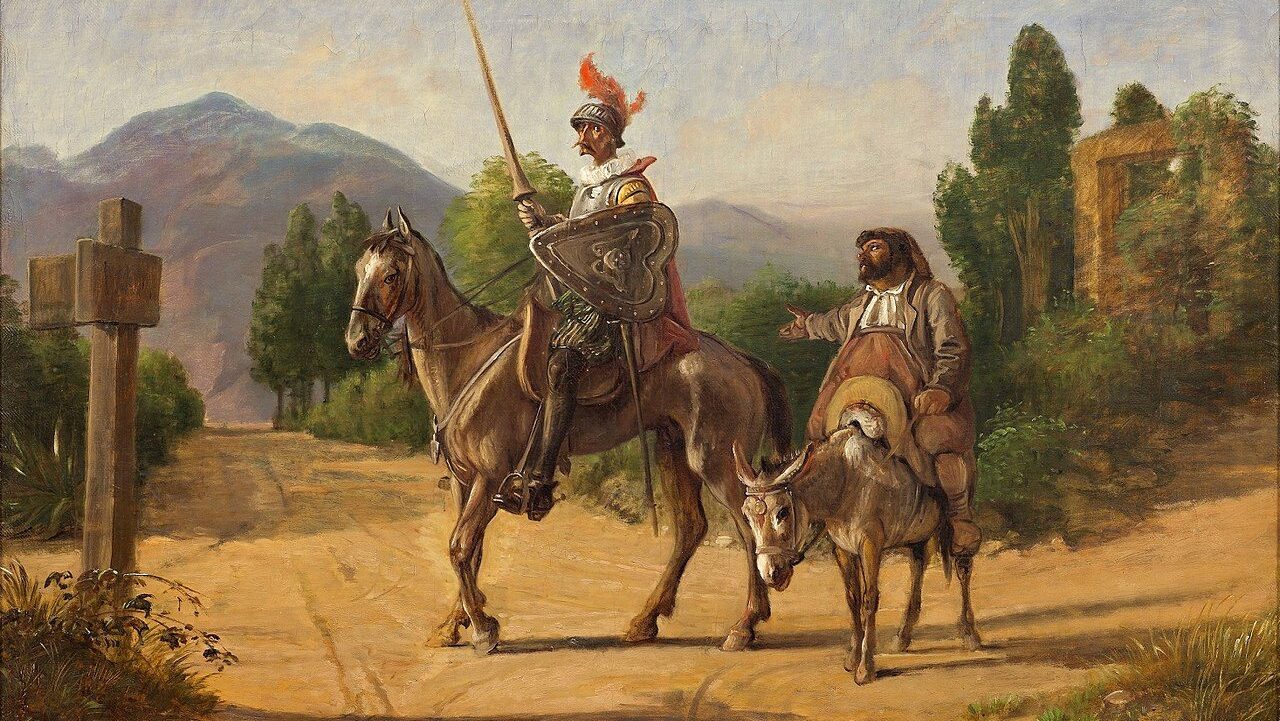
If anyone wishes to conquer the giants of their own vices, they must, like Don Quixote, take up the lance, the shield, draw down the visor, and mount Rocinante.
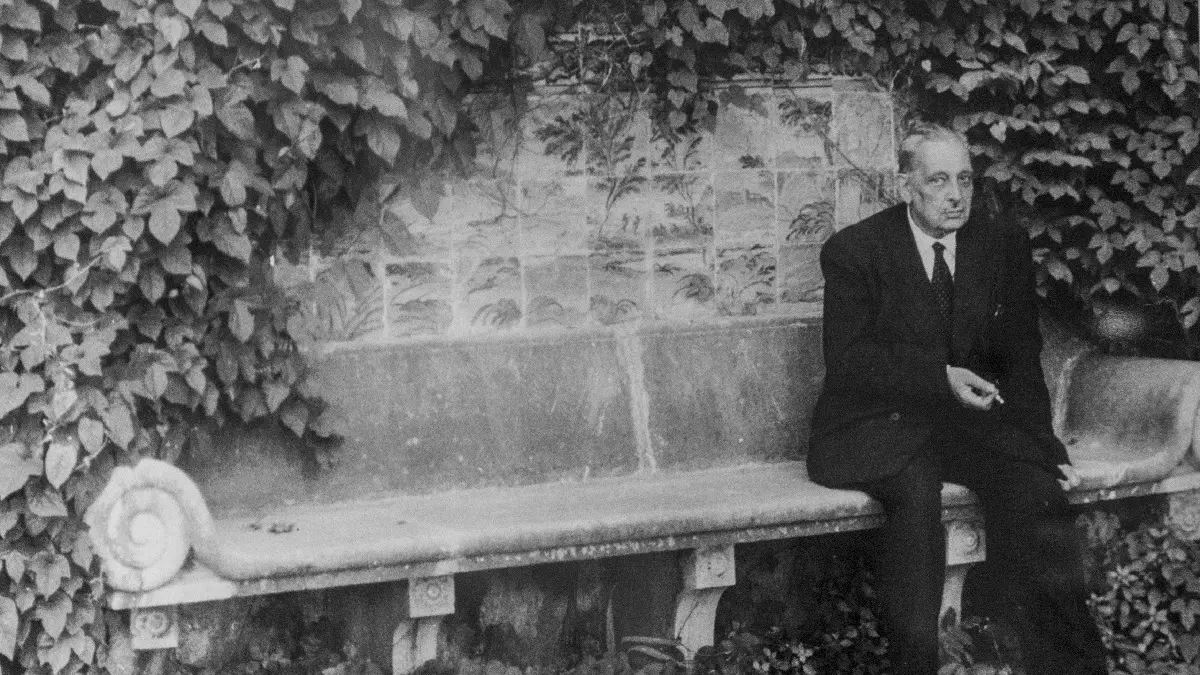
This year, on May 10th, we lost a gentleman. He was not only a brilliant musicologist and Italian cultural figure, but also the most gifted ambassador of his adoptive father’s work.

The disappearance of the fear of hell, Arendt tells us, leads directly to the institutionalization of immorality, and the transformation of the deviant will of a Hitler or a Stalin into state policy.

Instead of filling the void left by the loss of belief in truly extra-terrestrial beings—the angels and saints—with sci-fi inventions, we should strive to “re-enchant” the world with the content of Christian revelation.
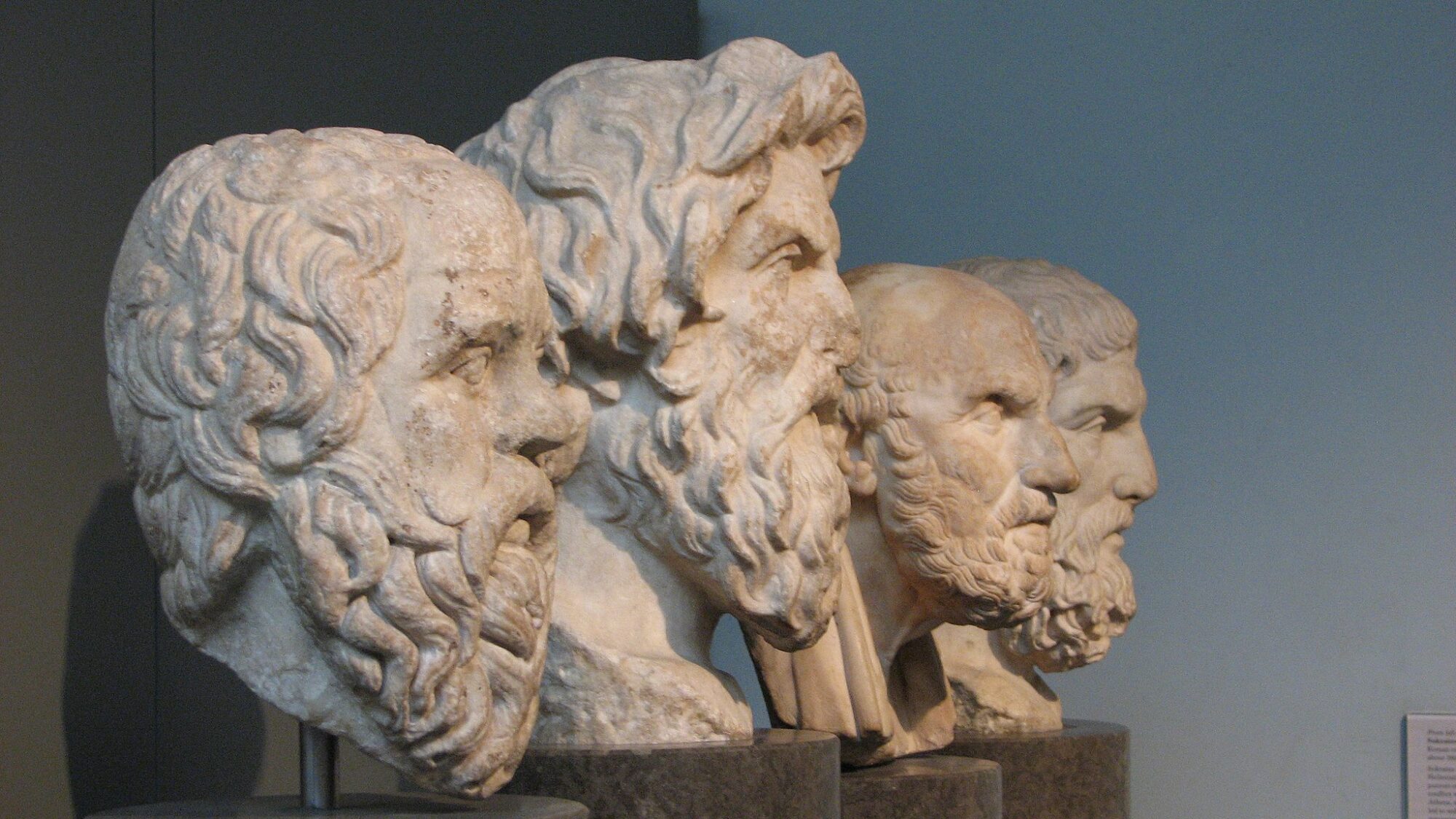
From the descriptions of Greek philosophy found in the research of both Pierre Hadot and Anton Dumitriu, we are confronted with a startling emphasis on the ‘practical,’ that is, the ‘experimental’ dimension of philosophy.

Although at first glance, The Island Without Seasons is merely an adventure story about a man trying to discover the lost city of Atlantis, it is ultimately about how the man’s search allows him to better understand himself and the world in which he lives.

The values of Tolkien’s world are not those of moral relativism, but those of the traditional Christian conception of courtship and romantic loyalty, in which the intimate aspects of love are treated with discretion and respect that protects their nobility.